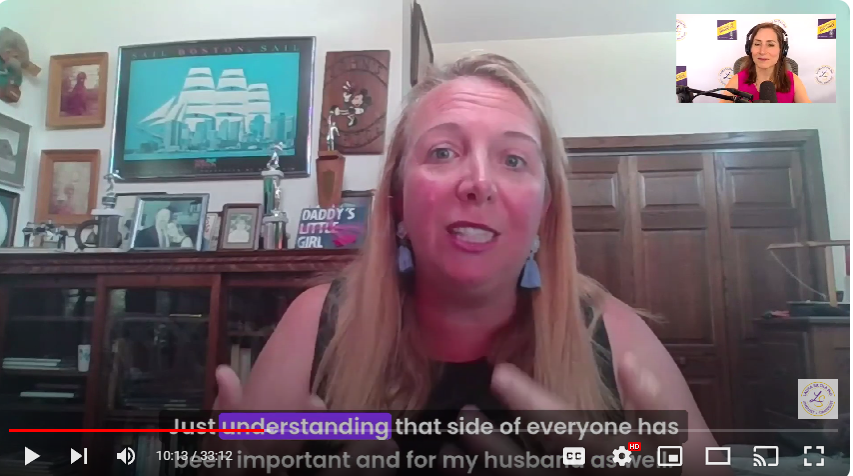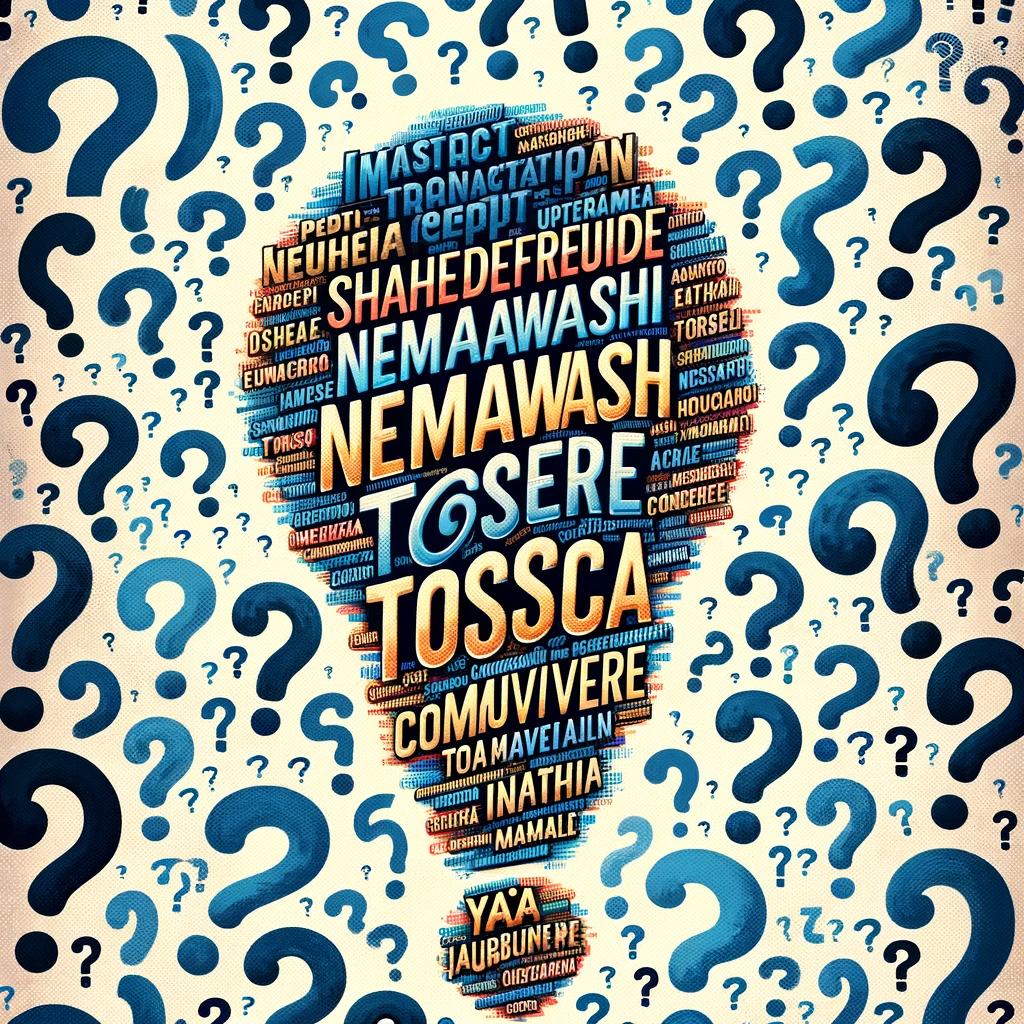When I was five, my father started teaching me how to play the piano. Part of that process was learning how to read music. Dad, being the patient teacher he was, taught me a trick that many English-speaking music students learn early on. For the treble clef (the top part, usually played by the right hand), the notes in the four spaces spell the word FACE. Simple, right? F-A-C-E.
But when it came to the five lines, the notes E-G-B-D-F didn’t naturally spell anything memorable, so dad taught me the phrase: “Every Girl and Boy Does Fine.” That stuck.
We’ve all learned similar memory tricks along the way. If your math teacher was like mine, you were taught “Please Excuse My Dear Aunt Sally” to remember the order of operations (Parentheses, Exponents, Multiplication, Division, Addition, Subtraction).
These tools, known as mnemonic devices, are incredibly helpful—not just in school, but throughout life. They’re designed to simplify the complex, to keep us organized and on track.
This week on my podcast, Misty Davis, Chief Marketing Officer of Circana, a consumer data analytics company, shared her own method of using mnemonic devices as a way to get off script, and be able to speak freely and confidently in a recent town hall presentation.
Misty had four key areas she needed to address: Culture, Accountability, Resilience, and Executional Excellence. To keep her message clear and memorable, she created a simple acronym—CARE—and used it to guide her presentation.

Misty is no stranger to the challenges of high-pressure leadership, and during our conversation, she opened up about some of the trickier parts of her role:
- Delivering hard news with finesse and empathy.
- Finding humor in everyday situations to keep things light and human, like the time her child “zoom-bombed” a meeting with a Teenage Mutant Ninja Turtle stuck up his nose!
- Acknowledging and celebrating the achievements of others which is essential for building a positive, supportive work environment.
Her experiences reminded me that no matter how prepared we think we are, “life happens.”
Sometimes things go off-script—whether it's a tough announcement or a surprise appearance by your kid—and in those moments, how you handle the situation defines your leadership. Finding humor when possible can ease tension, and being able to speak with empathy and authenticity builds trust and connection with your audience.
Listen to the full conversation here or watch the video on YouTube here.
Mnemonic Devices in Action
One of the key takeaways from my conversation with Misty was the importance of using mnemonic devices not just for ourselves, but for our teams. Creating an acronym like CARE not only helped her stay on point, but also ensured her message was clear and easy to remember for her audience.
Here’s a challenge for you: The next time you’re preparing a presentation or a meeting with your team, create a simple mnemonic device to help you stay organized and focused. Better yet, share it with your team! Teaching your team a memorable acronym (even one that’s a little silly and elicits a little mirthful groan) could become a fun and effective tool that helps everyone retain important information long after the meeting ends.
I’d love to hear how it goes! Share your feedback or mnemonic ideas with me after you give it a try this week. And don’t forget to tune into this week’s episode of the podcast with Misty Davis—her stories of leadership, humor, and celebration of others will leave you inspired.
Recap: Leadership Lessons from the Debate
I almost forgot – In case you didn’t catch it live last week, here’s the replay of my (nonpartisan) interview on PHL17 with host Kelsey Fabian last Wednesday as I broke down some of the behind-the-scenes verbal and non-verbal communication strategies used by the candidates during the presidential debate Tuesday night.
As always, feel free to share this newsletter and any of the links with colleagues who would appreciate it.




